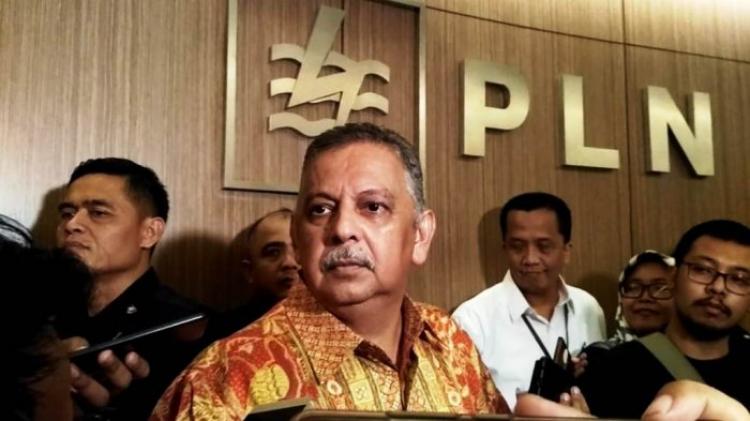Again, PLN Shocked by Corruption

The Corruption Eradication Commission (KPK) conducted an operation to arrest Eni Maulani Saragih, a member of the House of Representatives of the Golkar Faction and Vice Chairman of Commission VII on energy, research and technology, and environment. Eni allegedly took up to Rp 4.8 billion in bribes, in the form of commitment money to the amount of 2.5% of the value of the Riau-1 Mine Mouth Coal-Fired Electric Plant (PLTU MT) project. The investment value of this project reached US$ 900 million with planned capacity of 2 x 300 MW and commercial operation target in 2023. The KPK also apprehended Johanes Budisutrisno Kotjo (JBK), said to be a holder of 4.3% of the shares of BlackGold Natural Resources Limited (BlackGold) Singapore.
The development of the PLTU MT is supported by Minister of Energy and Mineral Resources Decree No. 1567 K/21/MEM/2018 on Ratification of Electricity Supply Business Plan of PT PLN 2018-2028, which obliges PLN to prioritize to construct PLTU MT. The scheme of direct appointment as referred to in article 6, paragraph 3 of the Regulation of Minister of Energy and Mineral Resources No. 19 of 2017 on Utilization of Coal for Power Generation and Purchase of Excess of Power is also allowed. This model becomes a critical point of corruption insofar there is no clear criteria in the process of selecting the partner.
Opportunities for corruption in the electricity sector exist along the chain of business. Examples of corruption cases related to power plants that have been decided include the inflation of the price of Sumuradem power plant in Indramayu regency by former Indramayu regent Irianto MS Syafiuddin, the case of land acquisition for the Bunton power plant in Cilacap regency involving former regional secretary Suprihono, and the case of Tarahan power plant in Lampung involving PDIP politician Emir Moeis. The case of PLTU MT Riau-1 further extends the list of corrupt practices inthe infrastructure sector. In ICW's record, throughout 2017 there were 158 cases of corruption in the infrastructure sector corruption with a total value of state losses reaching Rp 1.1 trillion.
Apparently, the Government needs to clarify and tighten the technical regulations of PLTU project development so that in the future there will be no more bribery in the project implementation. KPK also needs to trace the involvement of other parties who have links to this case and trace the flow of funds, because it has been alleged that the bribes given have been related to the discussion of the Power Purchasing Agreement (PPA).
It is also necessary to seek out the ultimate beneficial owner of each of the companies involved. In Presidential Regulation No. 13 of 2018 concerning the Application of Principles of Recognizing the Beneficiaries of Corporations in the Prevention and Eradication of Crime of Money Laundering and Terrorism, or better known as Beneficial Ownership Presidential Regulation, it is mentioned that the beneficial owner is an individual who can appoint or dismiss board of directors, board of commissioners, have the ability to control the corporation, entitled to the benefits, and/or receiving benefits from the corporation, directly or indirectly, is the actual owner of the funds or shares of the corporation.
Not only that, the involvement of corporations also needs to be explored. The naming of a corporation as a suspect of corruption is possible. Law No. 31 of 1999 in conjunction with Law No. 20 of 2001 on the Eradication of Corruption mentions that the legal subjects of corruption are not only persons, but also legal entities or corporations. Was the action of Johanes Kotjo performed on behalf of BlackGold or PT SB? In January 2018 when the Letter of Intent (LoI) was signed, Johanes Kotjo was still serving as a consultant of BlackGold. If so, criminal prosecution and punishment can be made against the corporation and/or its management. *** (Mouna/Adnan)










